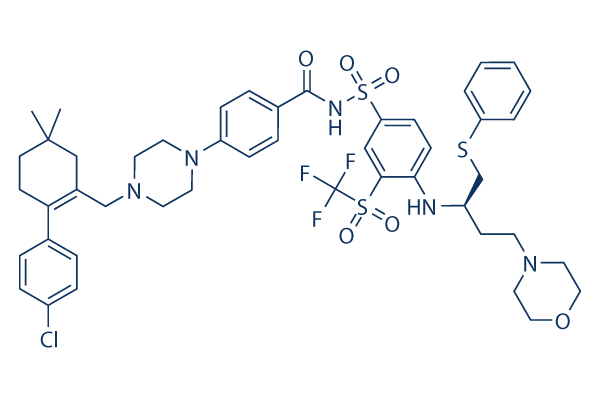To assess the effect of ATRA on gene expres sions, we handled anti CD3 CD28 antibody primed CD4 T cells from wholesome donors with or without ATRA, and RNAs from these cells were isolated and utilised for gene array analysis and identified ABCA1 as on the list of most up regulated gene by ATRA remedy. To confirm this end result, improvements of ABCA1 mRNA levels in response to ATRA treatment method was assessed by quantitative real time PCR following reverse transcrip tion. Steady with gene array success, ABCA1 mRNA was drastically up regulated by ATRA treatment. Since ABCA1 RNA stability was not affected in response to ATRA therapy, the up regulation of ABCA1 is in the transcrip tion degree. This really is constant with past findings witnessed in macrophages. The result of ATRA on ABCA1 protein expression was also analyzed by western blot.
As proven in Figure 1B, the basal expression of ABCA1 pro tein is barely detectable in principal human CD4 T cells. In response on the stimulation with ATRA, ABCA1 professional tein level appreciably improved, which parallels together with the induction of its mRNA. The induction of ABCA1 ex pression was both time and dose dependent. ATRA up regulated ABCA1 Linifanib AL-39324 RNA by eleven fold at 0. one uM, and at concentrations of one uM and five uM could induce ABCA1 RNA expression more than one hundred occasions. As early as 4 hrs following ATRA treatment, the expression of ABCA1 mRNA elevated by just about 3 times and by 24 hrs of therapy, the stimulation of ABCA1 expression reached optimum. ABCA1 induction by ATRA is dependent on TCR signaling ATRA has only marginal impact on ABCA1 expression in resting CD4 T cells.
Upon T cell activation with anti CD3 and selleck inhibitor CD28 antibodies, the expression of ABCA1 greater 100 folds in response to ATRA treatment method. PMA PHA remedy together with ATRA elevated the ABCA1 expression by 400 folds. Whereas, devoid of ATRA, T cell activation alone had small impact. These benefits indicate that the two ATRA and TCR signal ing are needed for ABCA1 expression and TCR signal ing is important for ATRA effect on ABCA1 up regulation. All through T cell activation, MAP kinase path approaches together with ERK pathway are impacted. ERK sig naling pathway continues to be shown to play a role in ABCA1 mRNA and protein stability in macrophages. When various MAP kinase inhibitors have been tested on ABCA1 mRNA ranges, none in the inhibitors by themselves had any result on ABCA1 mRNA expression.
Even so, ERK inhibitor along with ATRA had important stimulatory result on ABCA1. The mechanism of up regulation of ABCA1 mRNA in CD4 T cells by ERK inhibitor will not be acknowledged nonetheless however it could stabilize newly synthesized ABCA1 mRNA and protein as in macrophages. ABCA1 can be a ubiquitously expressed plasma membrane protein. It belongs to a family of proteins identified as ATP binding cassette  transporter. There are actually 49 human ABC proteins.
transporter. There are actually 49 human ABC proteins.
FAAH Signal
FAAH is a member of the serine hydrolase
